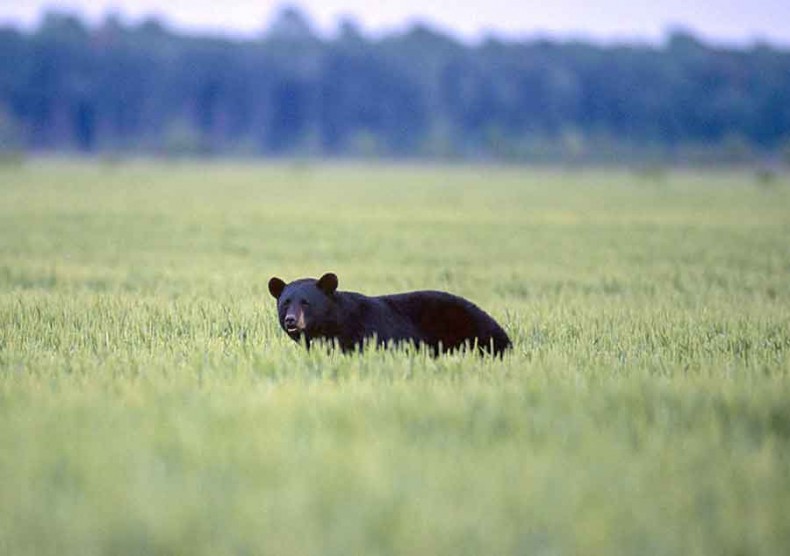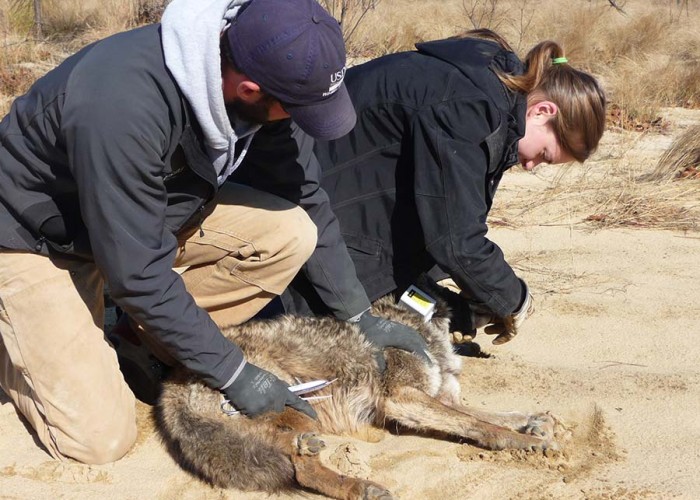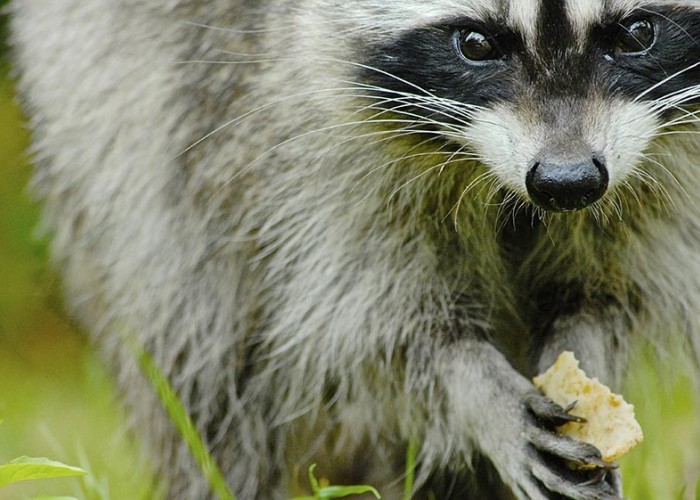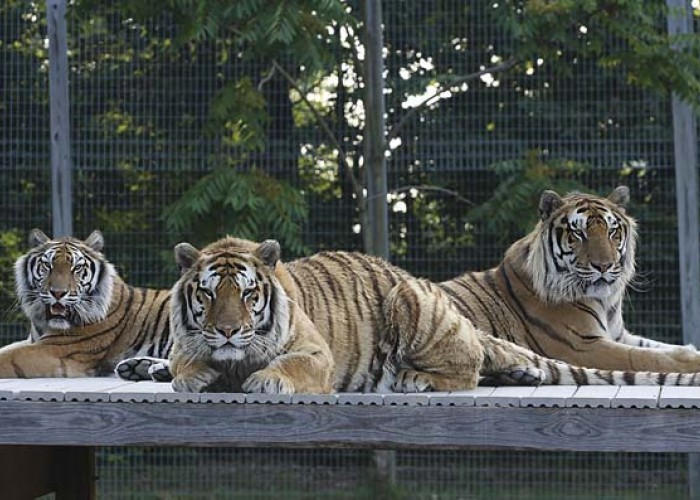Living with Black Bears
A thriving NC bear population makes it more likely your paths will cross
By Scott GatesPhoto by Melissa McGaw, NC Wildlife Resources Commission
There was a time, long ago, when North Carolina teemed with black bears. But like many species — including mountain lions and red wolves — bear populations were beaten back by early settlers and subsequent habitat loss. If you traveled the state in the mid-1900s, you likely never saw a black bear. Any populations were holed up in only the most remote mountain woodlands and coastal swamps.
Not so these days. Their comeback is counted among wildlife management’s greatest achievements, according to the North Carolina Wildlife Resources Commission, and today, black bears call about 60 percent of the state their home.
“We have breeding populations of black bears in the mountains and along the coast, and they’ve been filling in between pretty steadily,” explains Jessie Birckhead, extension biologist with the North Carolina Wildlife Resources Commission. “A lot of times young males will go on long journeys to find a new place to live, so we get reports from people who have seen bears across the Piedmont, even in both suburban and urban areas.”
Spotting a bear across a field from the car is a treat, but what if it’s in your back yard? Or down the hill from you on a hike? Birckhead offers these tips for coexisting with our state’s largest mammals.
At home or the campsite
- Secure trash inside cans stored in a secure area, and put cans outside the morning of trash collection day. Campsites in bear country will have designated cans designed to keep bears and other animals out. If backpacking, use a bear bag at night to hang food and trash.
- If a bear is in the area near your home, remove bird feeders and hummingbird feeders, even those advertised as “bear proof.”
- Avoid free-feeding pets outdoors. Do not leave pet foods out overnight. If you must feed pets outdoors, make sure all food is consumed and empty bowls are removed.
- Avoid cooking greasy dishes while camping (sorry, no bacon in the morning). Clean all food and grease from the grill after each use. Bears are attracted to food odors and may investigate.
- If you see a bear, leave it alone. Don’t approach the bear, as it will feel cornered and you, and others, may be blocking off its escape route. Let the bear move on undisturbed.
On the trail
- Make noise while hiking to scare away bears before you ever see them.
- Hiking with a partner helps and is a good safety rule of thumb in general.
- If you encounter a bear, try to stay calm. Bears are usually wary of people unless humans feed or provoke them.
- Shouting, clapping or blasting a car horn may scare off a bear temporarily.
Never feed, approach, surround or corner the bear. If it changes its natural behavior because of your presence, you are too close. - Always face the bear and make yourself look as big as possible. Back away slowly, making lots of noise.
- Bear repellents, like pepper spray, can be effective but not required (unlike in states with Grizzly bear populations). If you carry it, know how to use it.
Have a wildlife problem?
If you have a problem with wildlife at your home or business, the North Carolina Wildlife Resources Commission will help you find a solution. Visit ncwildlife.org/Have-A-Problem for online resources, or call the NC Wildlife Helpline at 866-318-2401 (weekdays 8 a.m.–5 p.m.).
-
More stories about NC wildlife
-
Share this story:







